HSC has held a practice-changing symposium on Tuesday 16th July to launch its work evaluating child protection processes across Bournemouth and Poole and hopefully Dorset. The multi-stakeholder event expressed the aim to ensure that Eileen Munro’s recommendations that parents, children and young people are at the ‘heart of the work’. (Prof Eileen Munro of LSE was commissioned by the Government in 2010-11 to review child care social work.)
Our research, commissioned by the Local Safeguarding Children Board (LSCB), was undertaken by Richard Williams, Emily Rosenorn-Lanng and Prof Jonathan Parker of the Centre for Social Work, Sociology and Social Policy, in collaboration with the LSCB, Bournemouth and Poole Local Authorities, and latterly including representatives from Dorset County Council.
We were asked to evaluate Bournemouth and Poole child protection processes, child protection strategy planning, core group meetings and the all-important involvement of parents or guardians and children and young people themselves. Unlike many negative and emotionally charged newspaper reports since the serious case review inquiries into the death of Peter Connelly, published in 2008 and 2009 (http://media.education.gov.uk/…./20to%20peter%20connelly%20dated%20november%202008.pdf http://media.education.gov.uk/…/to%20peter%20connelly%20dated%20march%202009.pdf), our research found much in which social workers in the Bournemouth and Poole area can take pride; and much that may resonate elsewhere.
There was considerable evidence of high quality social work and child safeguarding practice. The majority of respondents to our survey (both professional and familial) agreed or strongly agreed that the child protection process has made a positive difference to the family (90.5%). Forty-seven per cent (47%) of children and young people responding, indicated that their feelings of safety rose from 13% to 47% after engagement in the child protection process. Importantly, over 25% of parents or guardians indicated their willingness to contribute further to the on-going evaluation.
Of course, there were elements of the process that indicated areas for development. For instance:
1. Ensuring that minutes of Core Group meetings are disseminated to all involved
2. Ensuring the Core Group follows and monitors the Child Protection Plan
3. Discussing reports fully with Parents and Guardians before the Review Conference
4. Facilitating the involvement of all key people at the Review Conference
5. Monitoring and facilitating the inclusion of the views of Children and Young People continuously
In an innovative approach to change, the day presented findings from the research and explored with social workers, medical and health practitioners, teachers, police officers, managers, and academics to ensure this emotive and complex work was of the highest quality. A commitment was made to continue working together on these matters of great import to children and families, and to addressing some of the areas for development.
Jonathan Parker, Richard Williams, Emily Rosenorn-Lanng


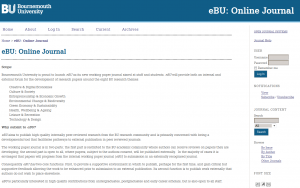
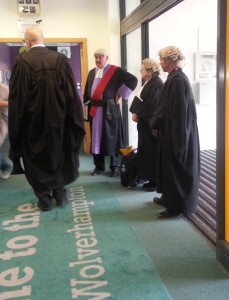


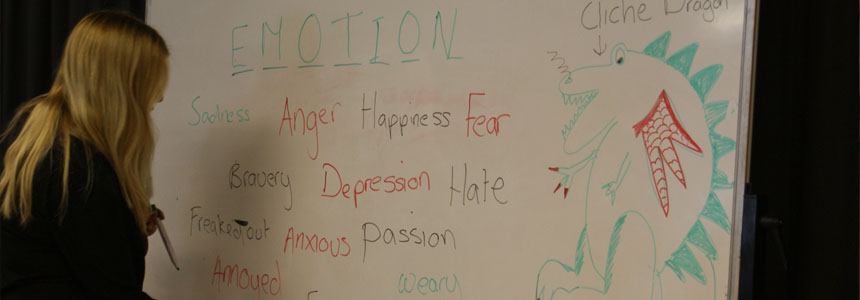 On 8th July in West Lulworth the launch took place of the full length documentary film about the Seen But Seldom Heard project, plus live performances from the young poetry sensations from Victoria Education Centre.
On 8th July in West Lulworth the launch took place of the full length documentary film about the Seen But Seldom Heard project, plus live performances from the young poetry sensations from Victoria Education Centre.
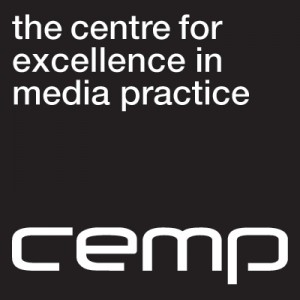
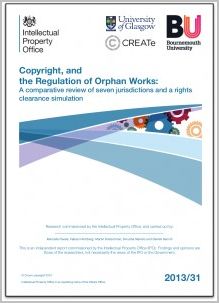











 April’s Café Scientifique – Should we help machines understand and respond to our emotions?
April’s Café Scientifique – Should we help machines understand and respond to our emotions? Postgraduate Research Experience Survey (PRES) 2024 – 2 WEEKS LEFT
Postgraduate Research Experience Survey (PRES) 2024 – 2 WEEKS LEFT Working with The Conversation: online training session – Wednesday 8th May
Working with The Conversation: online training session – Wednesday 8th May Apply for up to £1,000 to deliver an event and take part in a national festival of public engagement with research
Apply for up to £1,000 to deliver an event and take part in a national festival of public engagement with research MSCA Postdoctoral Fellowships 2024
MSCA Postdoctoral Fellowships 2024 Horizon Europe News – December 2023
Horizon Europe News – December 2023